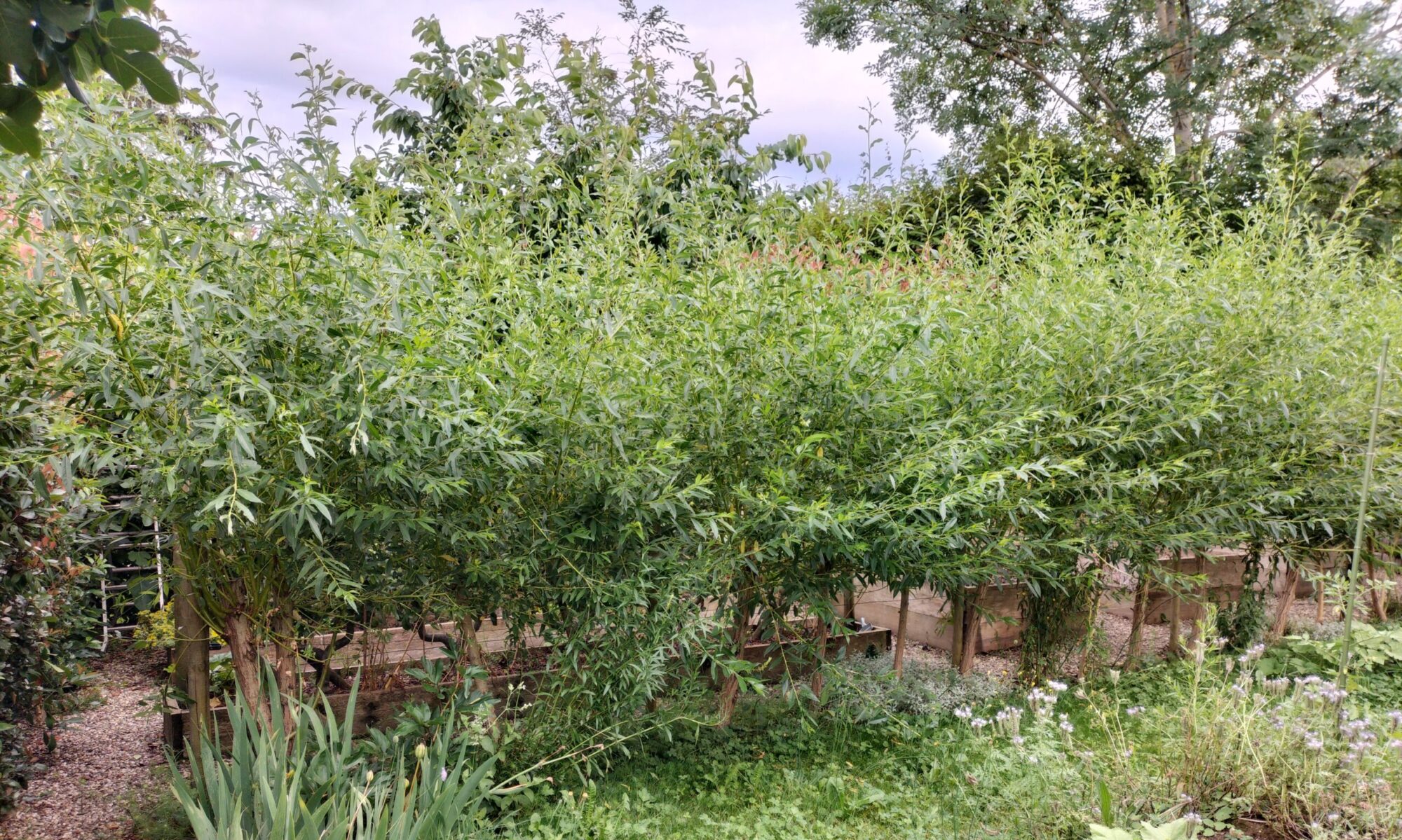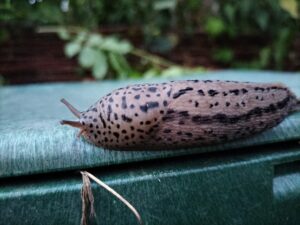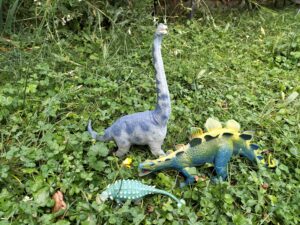
Freshly harvested coriander seeds.
These prayers were inspired by the reading for last Sunday’s service: Ephesians 6:10-20
Heavenly father, at this time of new beginnings we ask for your grace, strength and wisdom as we prepare for the next academic year.
In Ephesians 6, Paul encourages us to put on the whole armour of God, and so we fasten the belt of truth around our waists – help us to embrace all that is good and beautiful and true. May those who are studying enjoy their learning, and may all of us keep our minds open and willing to learn until the end of our days. Give grace and patience to those who teach and care for us, and help us to guide each other into truth.
Lord in your mercy: hear our prayer.
Next we put on the breastplate of righteousness. Help us take every opportunity to be kind to others, to include the person who seems to be left out, in the playground, at church, or wherever we find ourselves. Give us the courage to do what is right, even when it might be unpopular or cost us something, remembering your great love for every single person that we meet.
Lord in your mercy: hear our prayer.
And then we put on shoes that make us ready to proclaim the gospel of peace. May we be peacemakers where there is conflict, teach us ways to disagree well, and help us to remember that you ask us not only to love our friends but also our enemies.
Lord in your mercy: hear our prayer.
Next we take hold of the shield of faith, to quench all the flaming arrows of the evil one, so that when things are difficult, we remember that you love us, that we matter to you, and that however hard things get, nothing can separate us from your love. Thank you for the people you have made us, with our skills and gifts as well as our weaknesses and foibles; help us to put all of who we are at your service and to resist the voices that seek to undermine us.
Lord in your mercy: hear our prayer.
We now put on the helmet of salvation, surrounding our minds with the assurance that we are safe with you, that we are united with Christ in God. Help us to remember that, whether our studies, work, or other activities are going well or badly, you love us just the same. Thank you that our place in your heart is assured no matter what is going on in our lives.
Lord in your mercy: hear our prayer.
And finally we grasp the sword of the Spirit, which is the word of God, not to attack other people but to help us learn the best way to live and to make wise decisions. As we enter this new academic year, teach us your ways and may we grow ever closer to you.
Merciful father: accept these prayers for the sake of your son, our saviour Jesus Christ, Amen.








